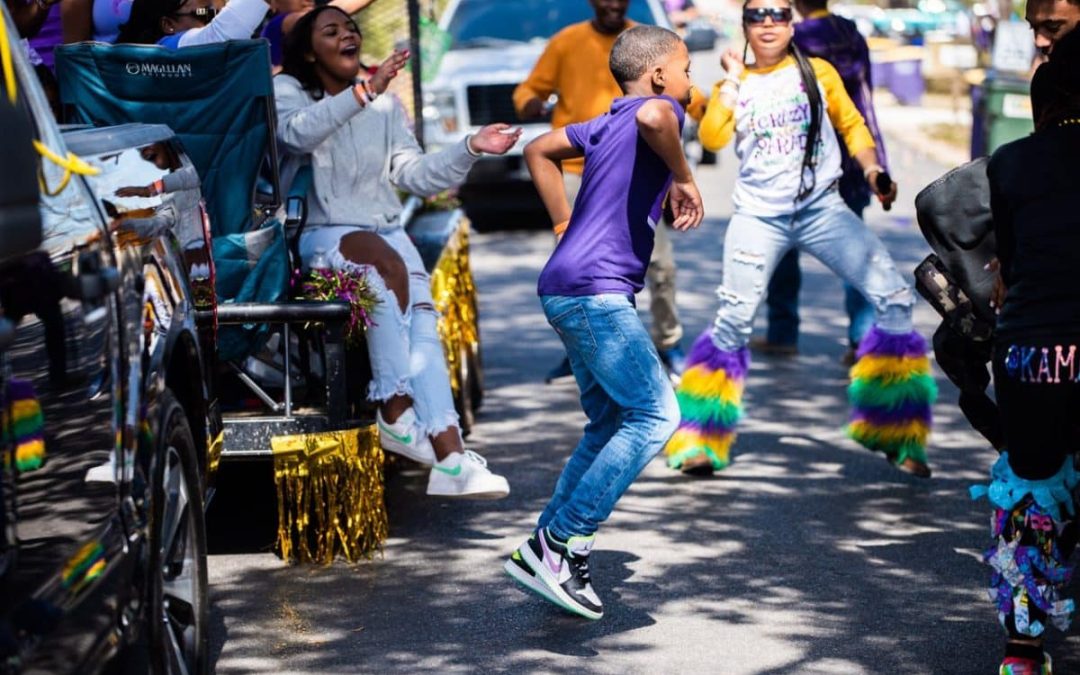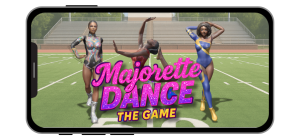The Dance Team Ban in Lake Charles Parades: A Blow to Tradition and Morale
In early January 2025, the Lake Charles community was taken aback by a new directive prohibiting dance teams from participating in local parades. This decision, reportedly stemming from the Ward 3 Marshal’s Office and aligned with city ordinances, has sparked widespread concern and opposition from residents and the local dance community.
A Devastating Impact on Young Dancers
For many young dancers, the parade season is a time of pride and excitement. Majorette dance teams, in particular, spend months rehearsing intricate routines and perfecting their performances for parades. These events are often the highlight of their year, a stage where they can showcase their hard work and dedication to their community.
Tremicka Busby Taylor, Head Coach and Director of the LCCA Chargettes Dance Team and Founder of The Flawless Diamonds Dance Team, expressed the frustration felt by many, stating:
“To get the call and say dance teams can no longer march in parades is ridiculous!!!! LC City officials…y’all are our voice!!! Y’all need to fight for us! We make the parades!!!”
Young dancers now face the disheartening reality of not being able to perform, an experience that has left many feeling excluded and undervalued. These moments in the spotlight provide more than just performance opportunities; they instill confidence, foster teamwork, and create lasting memories.
A Threat to Tradition
The exclusion of dance teams strikes at the heart of parade traditions in Lake Charles and other parts of Louisiana, where majorette dance is deeply woven into the cultural fabric. Dance teams, along with marching bands and colorful floats, have long been an integral part of the vibrant parade experience. Their absence creates a void that diminishes the energy and spectacle of these events.
Majorette dancing is more than entertainment—it’s a celebration of artistry, athleticism, and community spirit. Generations of dancers have contributed to this rich tradition, and sidelining them undermines a cherished cultural legacy.
The Stated Reason and Broader Context
The Ward 3 Marshal’s Office cited safety concerns as the rationale behind this decision, stating that dancing units can create gaps in the procession, leading to potential safety risks for participants and spectators. However, the lack of communication and transparency around this decision has left many questioning its fairness and necessity.
This rule comes in the wake of heightened security concerns following the New Year’s Eve terrorist attack in New Orleans. While ensuring public safety is crucial, many feel this decision disproportionately impacts dance teams and unfairly penalizes a key part of the parade tradition.
What Can Be Done?
The dance community and their supporters are mobilizing to have their voices heard. Here’s how you can get involved:
Contact the Ward 3 Marshal’s Office
- Address: 118 W. Mill St., Lake Charles, LA 70601
- Phone: (337) 491-1304
- Email: info@ward3marshal.com
Express your concerns respectfully and advocate for a solution that allows dance teams to safely participate in parades.
Engage with Local Officials
Reach out to elected officials in Lake Charles to share your thoughts and encourage them to take action. As of January 2025, key officials include:
- Mayor: Nic Hunter
- City Council Members:
- District A: Mary Morris
- District B: Luvertha August
- District C: Rodney Geyen
- District D: John Ieyoub
- District E: Stuart Weatherford
Contact details can be found on the City of Lake Charles official website.
Register to Vote
Making your voice heard at the ballot box is one of the most effective ways to bring about change. Register to vote through the Louisiana Secretary of State’s website and participate in upcoming elections.
Conclusion
This new rule not only impacts safety logistics but also deeply affects the morale of young dancers and the preservation of a rich cultural tradition. While safety is vital, solutions must be sought that honor the contributions of dance teams to the vibrancy of parades. By engaging with officials and advocating for change, the community can work toward a resolution that balances safety and cultural expression.







